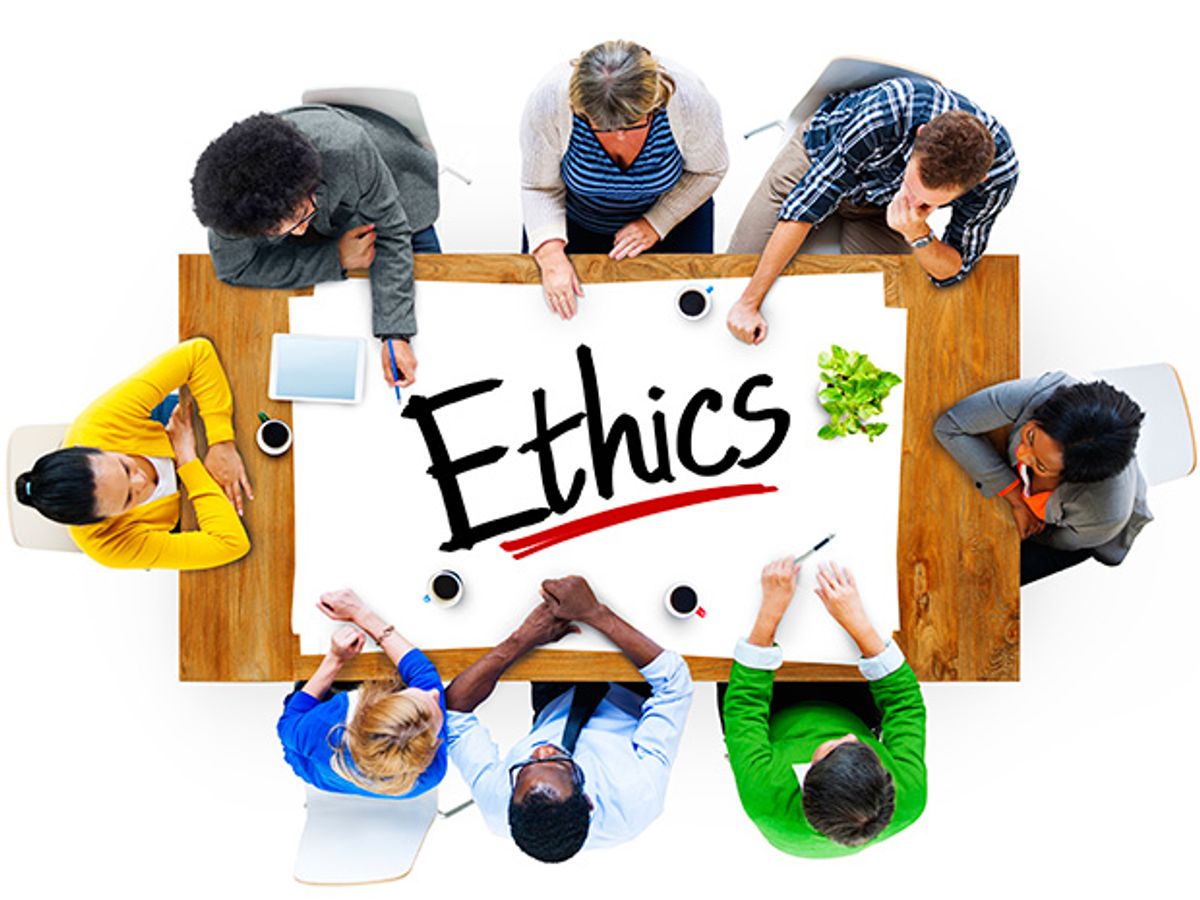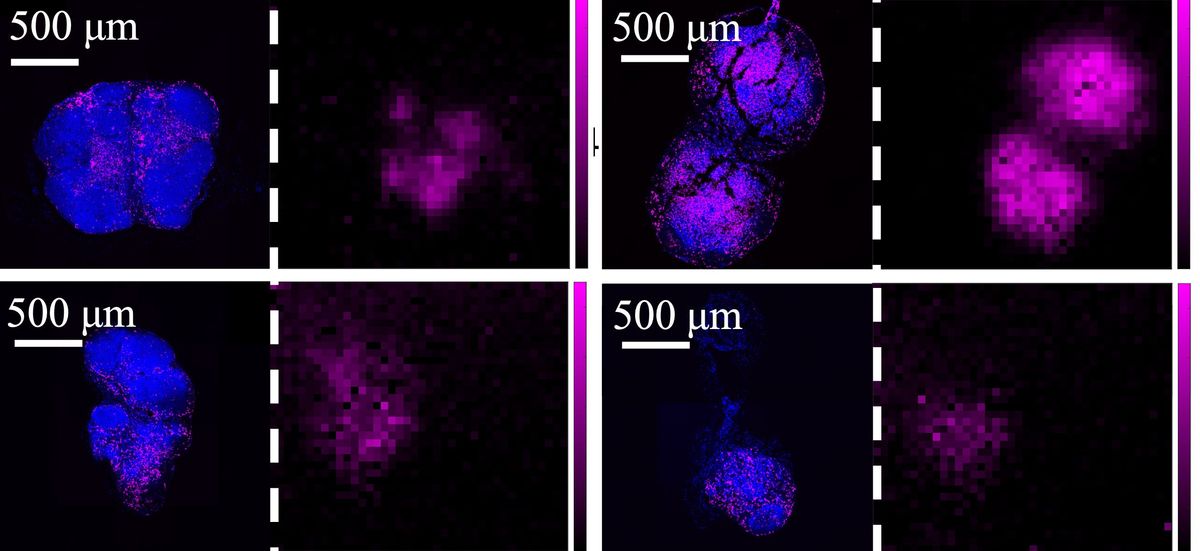This is the last in a series of postsabout IEEE’s current ethics policies and practices and to what extent they support IEEE’s Advancing Technology for Humanity tagline.
THE INSTITUTE Having been actively involved in IEEE ethics conduct enforcement and support activities for more than 40 years and having witnessed the restriction against providing ethics advice and ethical support to its members during the past 20 years, my personal assessment is that: No, IEEE’s practices have not supported its Advancing Technology for Humanity tagline.
However, IEEE has had in place the necessary code of ethics, bylaws, and policies to authorize providing ethics advice and ethical support to fulfill the tagline for the past 40 years. While the first 20 years supported it by providing members access to ethics advice and ethical support, why has the past 20 years denied them these? I believe there has been a lack of transparency, meaning the members of IEEE have been kept in the dark about why this happened and why it has been allowed to continue to this day. I and others have been unsuccessful in learning this from IEEE Governance Compliance and nothing was ever published in either IEEE Spectrum or The Institute.
The only public documentation is from former ethics committee chair Stephen H. Unger, who in 1999 wrote, “The Assault on IEEE Ethics Support.” It is the only account of IEEE’s actions in the mid-1990s that removed pro-ethics members of both the member conduct and ethics committees; shut down the successful ethics hotline, the proposed ethics support fund, the ethics conflict resolution service, and the publication of bimonthly ethics articles in The Institute; and restricted the ethics and member conduct committee (EMCC) from providing ethics advice and ethical support to members.
My earlier blog entries have been about the past. But what about the future? The solution resides in the hands of you, the members. On the other hand, there has been a suggestion that it may require a pro-ethics IEEE president to exert new leadership and steer the organization in a different direction, but here are several actions that I think should take place.
One recommendation is to separate the ethics committee from new regional member conduct committees. This would enable the MCCs to interpret local laws, customs, and industry norms in localized disputes. Also, the ethics committee could take on more of a legislative role, whereas the MCCs would be more judicial.
- Young IEEE members need to get involved and take action.
Since six of the seven members of IEEE’s Concerned Ethics Volunteers (CEV) are retired life members, the time is long overdue for younger members to get involved with ethics and take control of their profession. Most of us have been involved since the early 1970s.
- Make sure the Board revises items 1.3 and 1.4 in the EMCC operations manual.
Members need to get educated about the EMCC. They also need to know who the IEEE president appoints to the ad hoc committees on ethics, as well as who the IEEE ethics champion is. Also, get to know who the IEEE Board’s liaison is to the EMCC.
In addition, find out whether an item has been submitted to the IEEE Board meeting’s agenda about re-establishing ethics advice and ethical support. Write to the Board and follow up to determine whether it is working on this issue.
- Work for the IEEE Constitution to be amended.
Members, this is your most powerful tool. You have the ability to amend the IEEE Constitution, whereas the Board of Directors cannot. Just as 80 percent of IEEE members approved an amendment to the Constitution in 1973 to guarantee that ethics advice and ethical support be provided, so can you. Get involved, learn the procedures, get organized, and amend things if the Board does not return these services to the EMCC to administer.
- Reorganize the EMCC to be more responsive and accountable.
In the new era of artificial intelligence and other emerging technologies, it may be time to step back and rethink what the mission and best organizational structure should be for the EMCC. The IEEE CEV did just that in 2017 and provided its recommendations to the ad hoc committee on ethics programs. However, the committee did not act on them.
One recommendation is to separate the ethics committee from new regional member conduct committees. This would enable the MCCs to interpret local laws, customs, and industry norms in localized disputes. Also, the ethics committee could take on more of a legislative role, whereas the MCCs would be more judicial.
- Empower the Technical Activities Board to create ethical implementation guidelines.
The CEV concluded that ethics implementation guidelines are needed. Newer technologies—such as AI, driverless vehicles, intelligent weapons, medical applications, and robotics—are illustrative of where there will be a need for different interpretations of the same ethics statement in the IEEE Code of Conduct.
- Provide ethics education to members.
There is a need to better educate members about the IEEE Code of Ethics and how to apply its principles. Once ethics implementation guidelines are established, every IEEE society should educate its member about them.
- Cooperate with other engineering societies.
IEEE and the EMCC must cooperate with other engineering societies. Some, like the American Society of Civil Engineers and the National Society of Professional Engineers, are far ahead of IEEE in implementing guidelines.
- Remain vigilant about what the IEEE Board is doing.
Just as IEEE took away ethics advice and ethical support from the members 20 years ago, it can do so again. Remember, the IEEE Constitution can be amended to prevent changes from being made by a future Board.
- Consider assigning a trustee.
While the IEEE CEV was formed in 2017 to try to correct this situation, a more effective organization to lead this activity should be the IEEE Society on Social Implications of Technology. SSIT would perform as a trustee of the EMCC and assure both ethics advice and ethical support are returned to their proper role for the members.

Life Senior Member Walter L. Elden is the editor for the Concerned Ethics Volunteers. He can be reached via w.elden@ieee.org.



